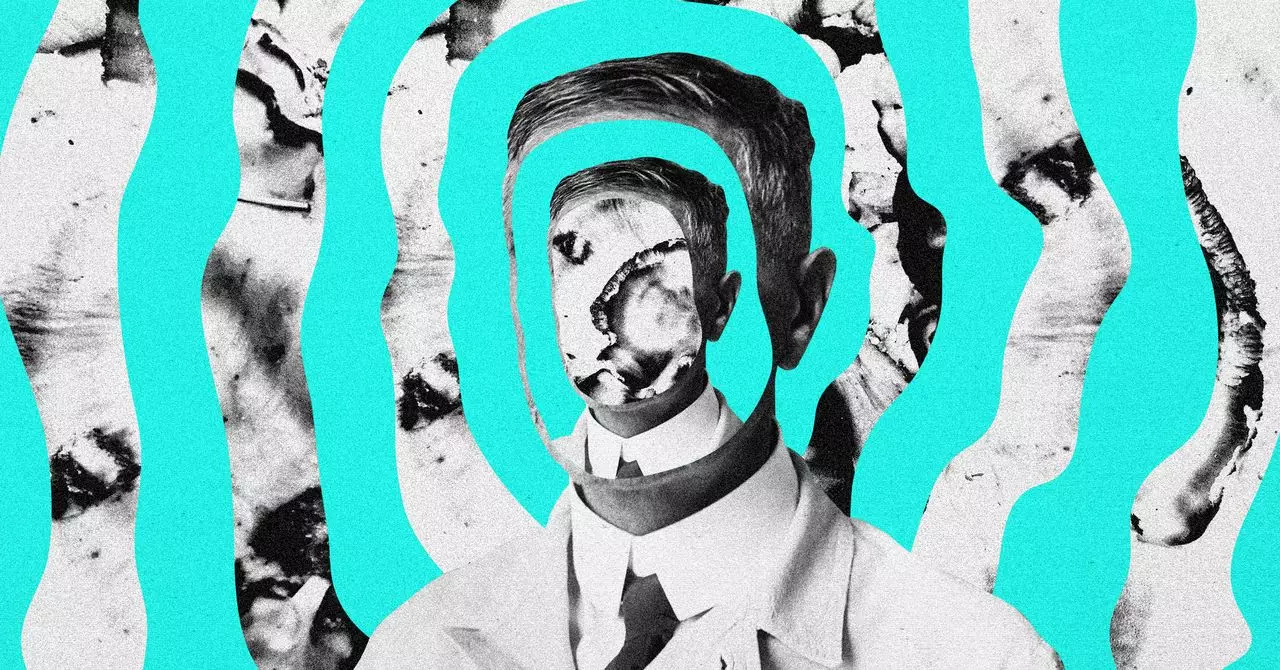The fusion of artificial intelligence with psychedelic-assisted therapy is positioning itself as a groundbreaking approach to mental health care. Entrepreneurs like Christian Angermayer emphasize AI’s capacity not as a replacement but as a complementary tool that enhances human-led therapeutic processes. This paradigm shift underscores a broader societal shift: leveraging technology to democratize access to mental health support and tailor interventions to individual needs. When AI steps into this space, it promises a future where personalized, real-time check-ins could become a standard component of mental wellness routines, making therapy more dynamic and accessible.
The core strength of AI in this context lies in its ability to monitor, analyze, and respond to complex emotional patterns. It offers the possibility for ongoing engagement between sessions, filling a critical gap in traditional therapy models that often lack immediate support. For instance, motivational check-ins powered by AI could help individuals sustain gains achieved during psychedelic experiences or other therapeutic interventions, reinforcing positive behaviors and offering moment-to-moment guidance. This integration aims at creating a seamless continuum of care that adapts to the fluctuating mental states of users.
However, despite its promise, this approach raises profound questions regarding the nature of support and the limits of technology. While AI can be programmed to recognize and respond to certain emotional cues, it inherently lacks the nuanced understanding and empathetic attunement that human therapists provide. The concern is that over-reliance on AI might lead to a superficial sense of connection, potentially undermining the core therapeutic relationship that is vital for deep psychological change. The challenge lies in finding the right balance—where AI serves as an auxiliary support tool rather than a substitute.
Empowerment Through Self-Awareness—A Double-Edged Sword
Take, for example, users like Trey, who have engaged with AI-driven mental health apps instead of traditional therapy. From his perspective, AI tools like Alterd have become personal companions that foster self-awareness and behavioral change. Trey credits these interactions with helping him maintain sobriety, interpreting the AI’s insights as a form of subconscious reflection forged from his own words and feelings. This suggests a transformative potential for AI in cultivating introspection and emotional resilience outside formal clinical contexts.
Yet, there’s an underlying paradox here. While such tools can empower individuals to understand themselves better, they tread dangerously close to fostering an echo chamber of one’s thoughts. Without adequate human oversight, users may misinterpret AI responses or become overly confident in a machine’s interpretation of their psyche. AI’s capacity to challenge negative patterns is promising, but it depends heavily on the quality of the data it is trained on and the algorithms guiding its responses. If these systems lack sophistication, they risk oversimplifying complex emotional states or inadvertently reinforcing harmful patterns.
Moreover, AI’s objective of supporting positive change without blindly endorsing every thought or behavior is a nuanced art. Developers must meticulously craft these tools to avoid unintended consequences, ensuring that users do not become isolated in a digital bubble. The role of emotion recognition and personalization must be balanced with safeguards to prevent false reassurance or unintended harm—especially when users are vulnerable during or after psychedelic experiences.
Risks and Ethical Dilemmas: The Limits of Machines in Psychospiritual Landscapes
Despite its potential, the deployment of AI in psychedelic contexts is fraught with risks that cannot be overlooked. Psychedelic trips often involve intense emotional and perceptual shifts that require compassionate and immediate human intervention. An AI, no matter how advanced, cannot perceive subtleties such as subtle nervous system cues or emotional distress, especially at the climax of a vulnerable psychedelic experience.
There are already reports circulating about AI-induced psychosis and distress, even outside the context of psychedelics, which raises valid concerns about trusting machines with people’s mental health. Manesh Girn, a neuroscientist, highlights that AI systems lack the ability to co-regulate nervous systems or provide the empathetic attunement necessary during a crisis. This critical flaw underlines the fact that AI, in its current state, cannot fully grasp the complexity of human consciousness or emotional depth.
Furthermore, ethical considerations surrounding privacy, data security, and informed consent become magnified when dealing with sensitive psychological states. Users may not fully understand the extent to which their data is being analyzed or how AI algorithms influence their mental health journey. There is also the risk of dependency—where individuals might turn exclusively to AI for support, neglecting the irreplaceable value of human connection and professional guidance.
Ultimately, integrating AI into psychedelic and mental health care demands a cautious approach. It requires steadfast oversight, transparent policies, and ongoing evaluation of safety protocols. AI can act as a supplementary tool to empower individuals, but it cannot—and perhaps should not—replace the nuanced human element that is essential during some of the most vulnerable moments of psychological transformation.


Leave a Reply